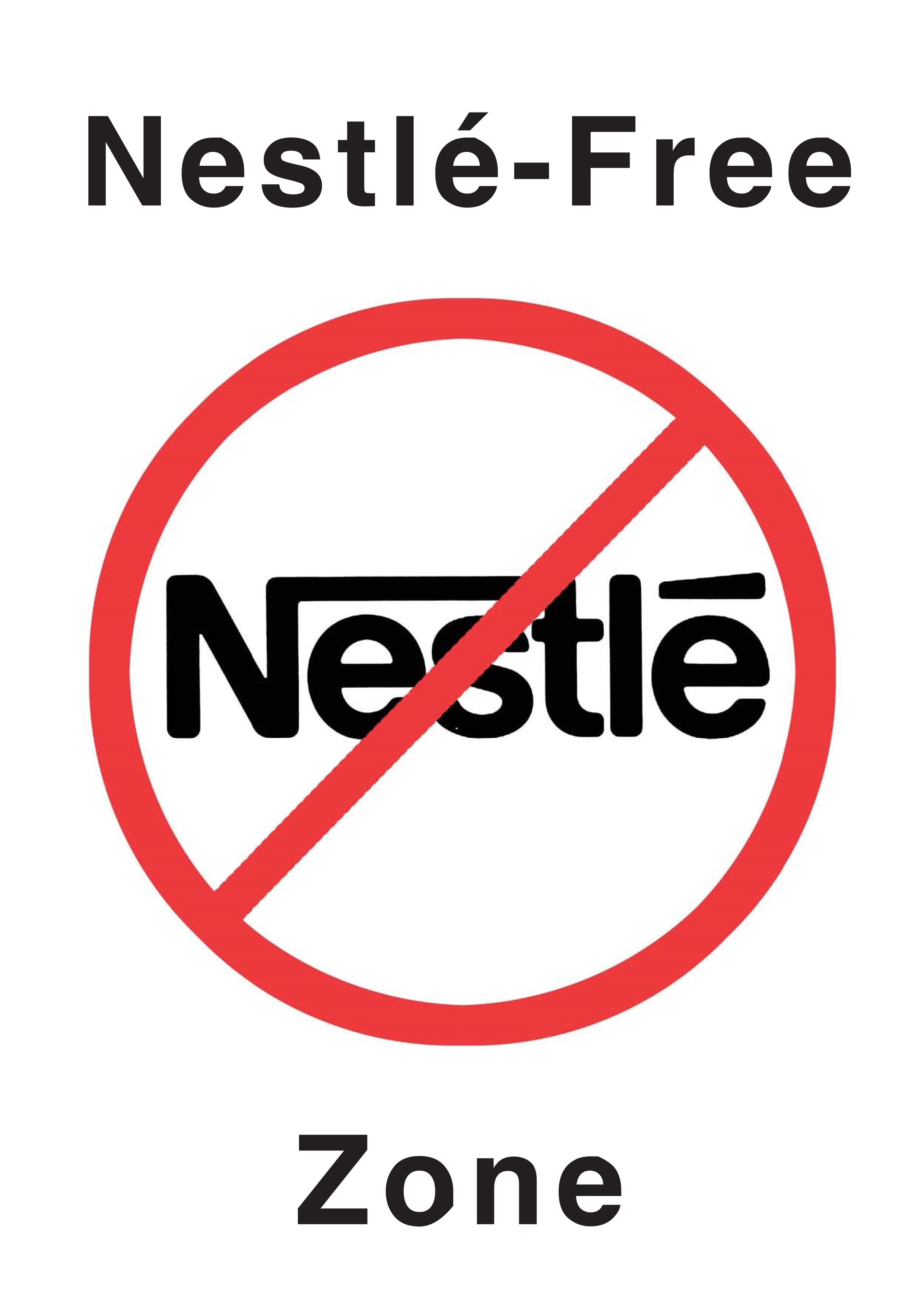Human Milk and Lactation
Carol L Wagner, Eric M Graham, William W Hope
Medscape Emedicine, 2006 December
Breast milk is thought to be the best form of nutrition for neonates and infants. The properties of human milk facilitate the transition of life from in utero to ex utero. This dynamic fluid provides a diverse array of bioactive substances to the developing infant during critical periods of brain, immune, and gut development. The clinician must be familiar with how the mammary gland produces human milk and how its properties nourish and protect the breastfeeding infant.
This article reviews the development of the mammary gland (mammogenesis), the process through which the mammary gland develops the capacity to secrete milk (lactogenesis), the process of milk production (lactation), and the specific properties of human milk that make it unique and appropriate for human infants.

